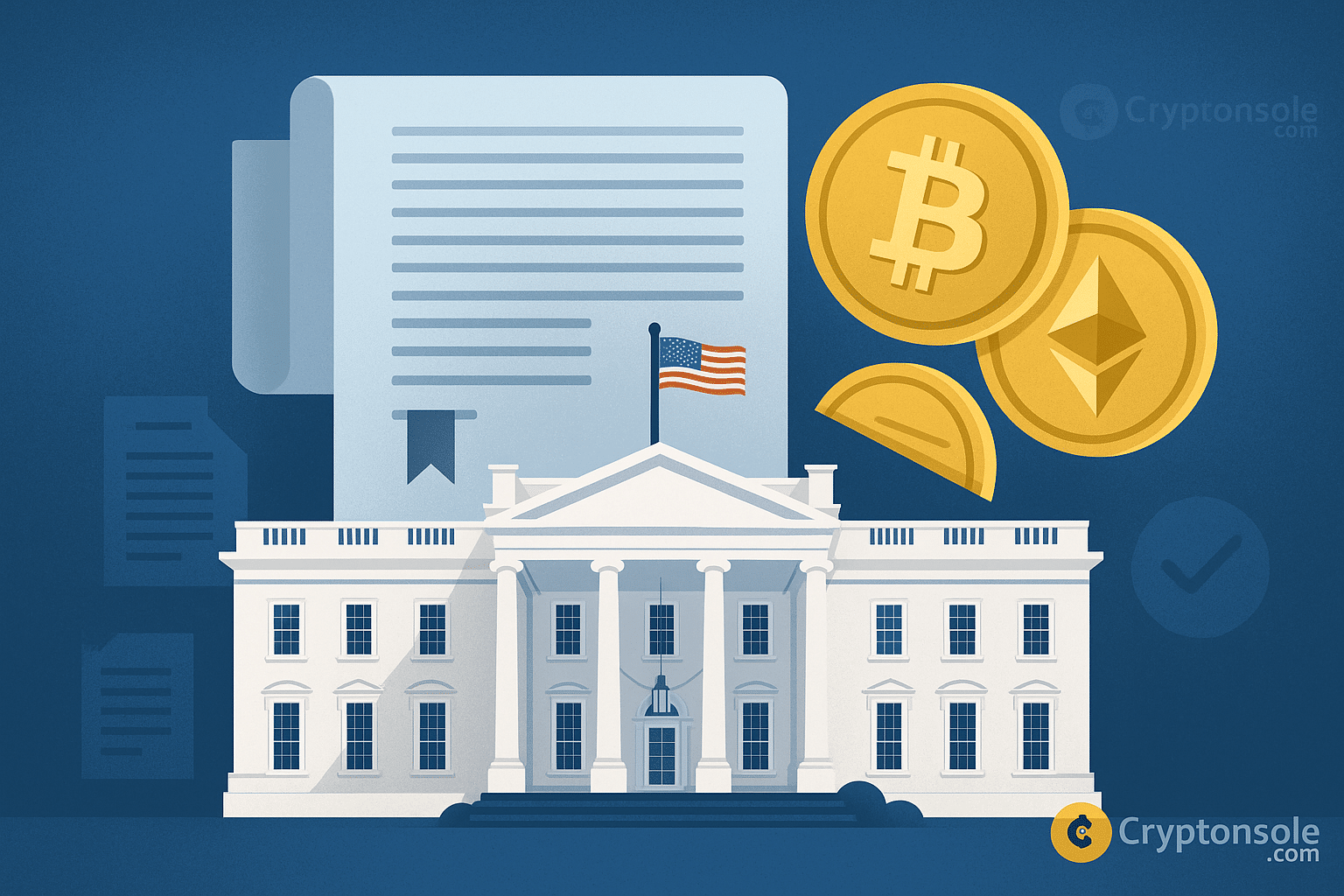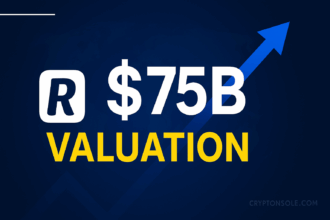The White House has unveiled a 168-page situation review on a blueprint for cryptocurrency regulation in the United States. The report is intended as a follow-up to an executive order that President Donald Trump signed in January 2025, which set up the President’s Working Group on Digital Asset Markets.
The report goes into great detail on the legislative side of the main points, such as crypto custody, stablecoins, illicit finance, and taxation of the digital asset. At the same time, it also includes the construction of a national crypto stockpile as one of the plans. These officials dubbed it as the most comprehensive digital asset policy document presented so far.
One of the most important parts of the report was a plan to get Congress to give the users a legal confirmation that they can manage their digital assets on their own without the help of the third-party custodians. Besides, the article also pushes for the CFTC to be in charge of the spot markets for crypto tokens that are not commodities.
The proposal of a governmental crypto reserve has been repeated as well. The Treasury is going to run that reserve, which will be composed of digital resources gotten through forfeits. The list of the assets will be BTC, ETH, XRP, SOL, and ADA; no selling but using for the government purpose will be allowed.
Just a few words about the bitcoin reserve’s future were said. Still, officials reassured that a separate executive order would provide more clarification on the matter, and the work carried out by the Treasury is already in progress.
Taxes and policies were also a centerpiece in the narrative. The report recommends that the IRS clarify matters of accounting for crypto assets, which would entail, among other things, the nature of taxable events such as wrapping and unwrapping tokens, as well as the treatment of unrealized gains on digital holdings.
In addition to this, the working group supported fostering the decentralized finance ecosystem with recommendations to lawmakers to determine how software governance interacts with regulatory requirements and whether new frameworks are required.
It also referenced recent events such as the signing of the GENIUS stablecoin bill and bipartisan backing for the House’s Clarity crypto bill, which all reflect the administration’s aim to bring clarity to regulation in this area.
Finally, the group encouraged the SEC to establish crypto-specific safe harbors and exemptions from registration in order to assist digital asset projects to comply with the law while innovating.
Also Read: ZBCN Eyes Major Exchange Listing as Zebec Launches Silver Card












